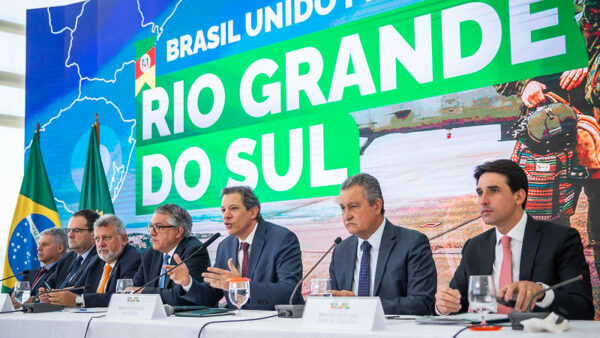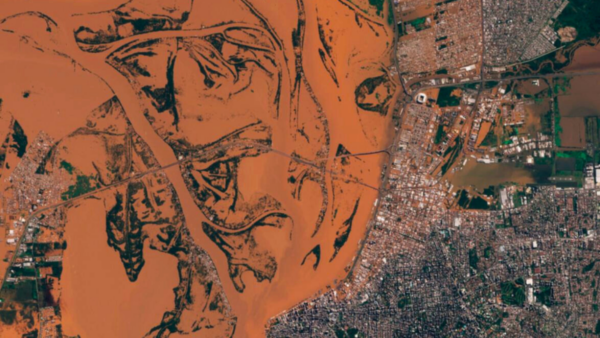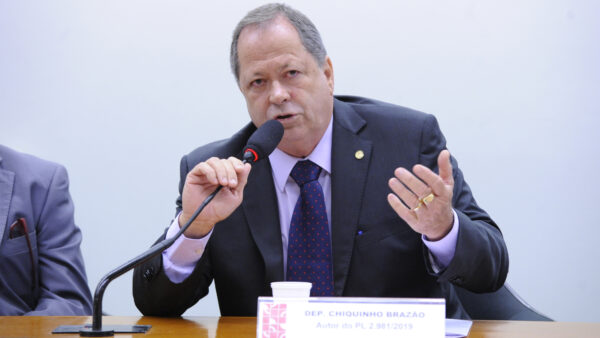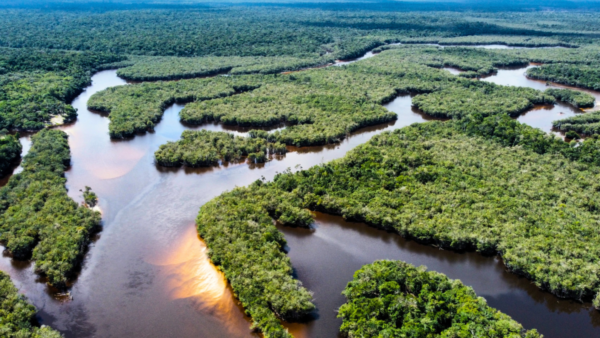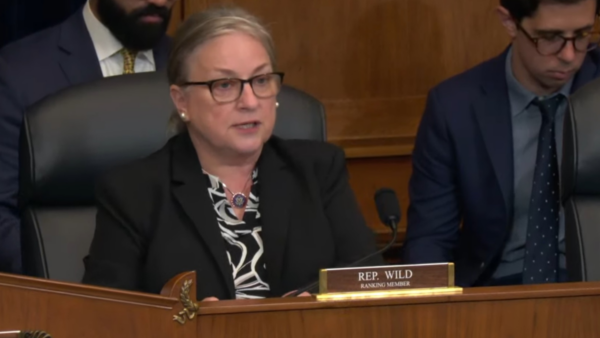Indigenous Peoples Minister Sonia Guajajara announced the revocation of a norm passed in October 2022 by the Jair Bolsonaro administration, allowing timber extraction on indigenous lands, even by non-indigenous people. To become effective, however, the decision must first be published in the Federal Gazette.
Revogado a IN 12/22, da Funai e Ibama que facilitava a exploração de recursos madeireiros em terras indígenas. Este foi um dos últimos atos assinados na gestão Bolsonaro. Nosso compromisso é com a proteção das terras indígenas. Não permitiremos mais retrocessos!
— Sonia Guajajara (@GuajajaraSonia) January 16, 2023
Protected indigenous territories are the main strongholds of environmental conservation in Brazil, with miniscule deforestation rates compared to surrounding areas. Traditional communities have historically had to fend off miners, loggers, and land grabbers — who benefitted from government support during the Bolsonaro years.
With the rules and the lack of enforcement of environmental laws, experts feared that the measure would facilitate illegal logging.
Mr. Bolsonaro has always supported the use of indigenous lands for commercial purposes. During his government, indigenous foundation Funai had justified that the new rule was an “old request from different [indigenous] ethnicities” that would result “in more autonomy” for traditional communities and expand “sources of income in the villages in a sustainable way.”
Environmental entities argued that the norm violated the Constitution and the indigenous statute, both of which forbid timber extraction in indigenous lands.
The Constitution says “traditional lands are intended for the permanent possession of indigenous groups, giving them the exclusive use of the riches of the soil, rivers, and lakes existing therein.”
The indigenous statute forbids non-indigenous people from carrying out “commercial hunting, fishing, or fruit harvesting, as well as agricultural or extractive activities” on indigenous lands.

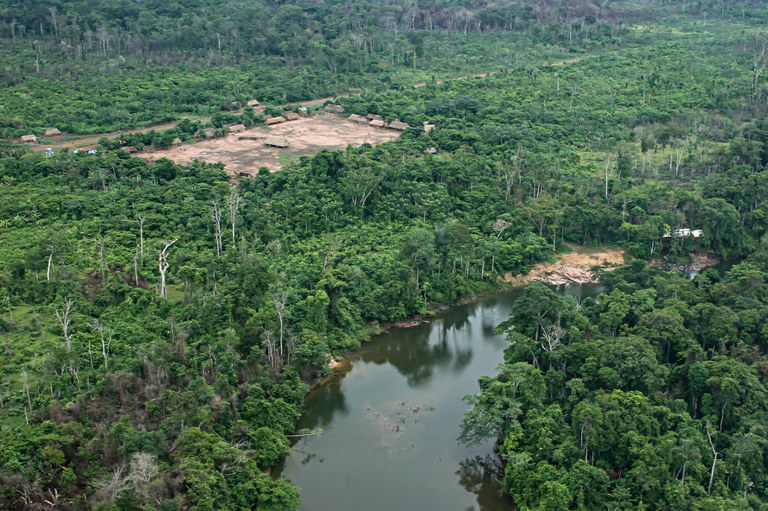
 Search
Search


